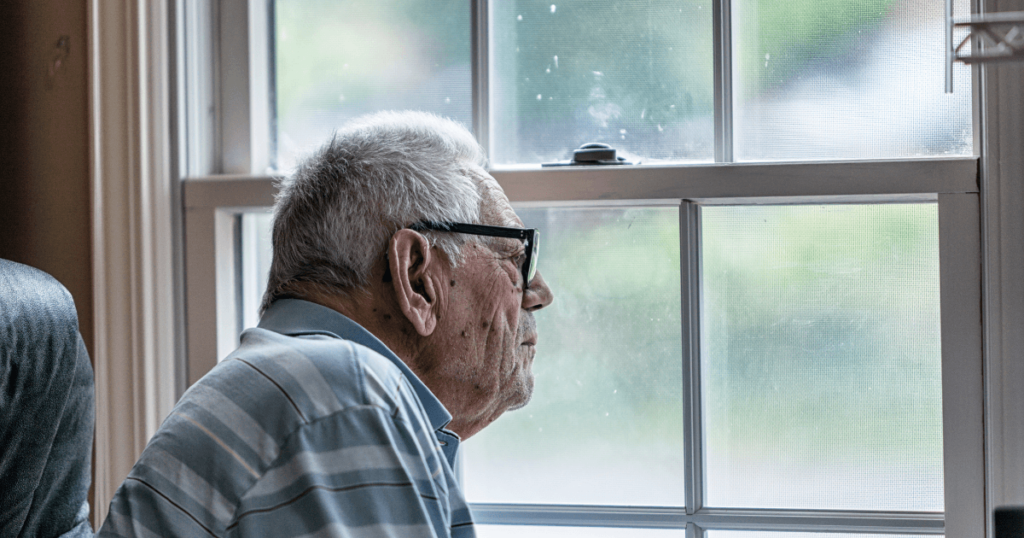The pandemic impacted the world in many ways; One of its most destructive changes was to isolate us, especially elders. Isolation among elderly individuals can harm their memory, mental health, and overall well-being. Understanding these dangers and implementing effective strategies can promote healthier and happier lives for our elderly population.
The Dangers of Isolation on Memory and Mental Health:
- Memory Decline: Isolation and lack of social interaction can contribute to memory decline and cognitive impairment in older adults. Without mental stimulation and engagement, the brain’s cognitive functions, including memory, may deteriorate quicker. The CDC notes that isolation is associated with a 50% increased risk of dementia.
- Increased Risk of Depression and Anxiety: Isolation is associated with higher rates of depression and anxiety among seniors. The lack of social support and meaningful connections can lead to feelings of loneliness, sadness, and helplessness, negatively impacting mental well-being.
- Cognitive Rigidity: Isolated individuals may experience a decline in cognitive flexibility, making it more challenging to adapt to new situations, problem-solve, and engage in critical thinking. Social interaction provides cognitive stimulation and helps maintain mental agility.
- Cardiovascular Health: Isolation’s effects extend beyond mental health and cognition to include cardiovascular health. The CDC states that poor social relationships are associated with a 29% increased risk of heart disease and a 32% increased risk of stroke.
Solutions to Combat Isolation for Elderly Individuals:
- Engage in Community Activities: Encourage participation in community programs, senior centers, or local clubs that offer social activities, educational classes, and group outings. These provide opportunities for social interaction and create a sense of belonging.
- Foster Intergenerational Connections: Promote intergenerational programs that bring older adults together with younger generations. This interaction fosters mutual learning and builds meaningful relationships that combat isolation.
- Embrace Technology: Help seniors navigate and embrace technology to connect with family and friends through video calls, social media, and online communities. Virtual interactions can bridge the distance and provide a valuable social outlet.
- Volunteer and Give Back: Volunteer work allows older adults to contribute to their communities, meet new people, and establish social connections. Volunteering provides a sense of purpose, enhances self-esteem, and combats feelings of isolation.
- Group Conversations: Encourage participation in groups of like-minded individuals. These groups offer a safe space to share experiences, receive emotional support, and build connections with peers facing similar challenges.
Consider Independent & Assisted Living Options at The Arbors & The Ivy
If your current living situation leaves you feeling isolated, it might be worth exploring a new home where you can thrive socially. At The Arbors & The Ivy Assisted Living Communities, we foster a vibrant community with various engaging activities, such as bowling, movie nights, shopping outings, bus trips, spa days, and live music. Our residents enjoy a fulfilling social life, engaging in lively conversations that span from lunch and dinner-time chats to late nights in the courtyard. We take immense pride in providing an unparalleled social experience, as it brings countless benefits and happiness to our residents. Isolation among elderly individuals impairs memory, mental health, and overall well-being. By understanding the impact of isolation and implementing effective strategies, such as engaging in community activities, embracing technology, fostering intergenerational connections, and participating in group conversation, we can combat loneliness and promote a fulfilling and vibrant life for our elders. Written by: Evan Walters-Zucco

